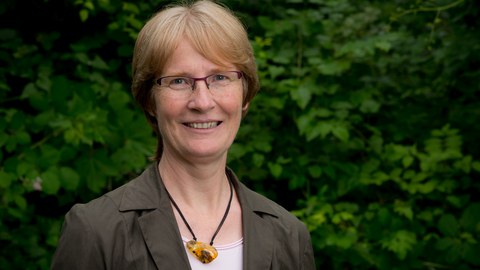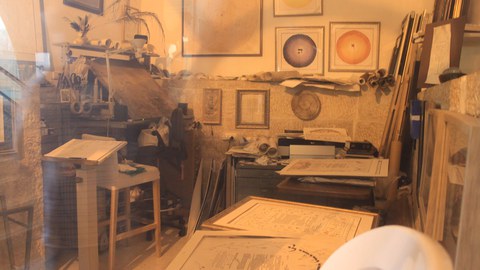 © TU-Dresden
© TU-Dresden
Chair of Biblical Theology
The tasks of biblical theology are the interpretation of biblical texts, the study of their literary and historical contexts of origin as well as their reception, use and meaning today.
It thus has both a historical-cultural-scientific and a contemporary-social orientation. Biblical theology, which is not divided into Old Testament and New Testament exegesis, as is the case here at the Dresden Institute of Catholic Theology, has the special opportunity to make clear the historical developments and connecting lines between the Old and New Testaments.
The approaches of biblical studies have become very differentiated in recent decades:
- As a textual and literary science, biblical theology receives new approaches from other literary sciences.
- As a historical science, biblical theology participates in the study of the Ancient Near East and the Greco-Roman world of classical antiquity and also draws on archaeological, inscriptional and iconographic source material for social and religious history, for example.
- As a theological science, biblical theology reflects the diverse theological concepts in the Bible with their respective opportunities and limitations in a critical hermeneutical process and places them in discussion with other disciplines.
Beyond the interdisciplinary connections, Biblical Theology is capable of dialog with its subject of the Bible in today's pluralistic society. The Bible
- contributes to our understanding of our own past. The biblical discourses on God, man and history still shape our understanding of the world and society today.
- provides a contribution to communication with the present, because it not only considers the prerequisites for human coexistence, but also crises and how they can be overcome.
- is an occasion to find one's own cultural, social and personal identity by making a claim to interpret reality that challenges us to make our own statements.





